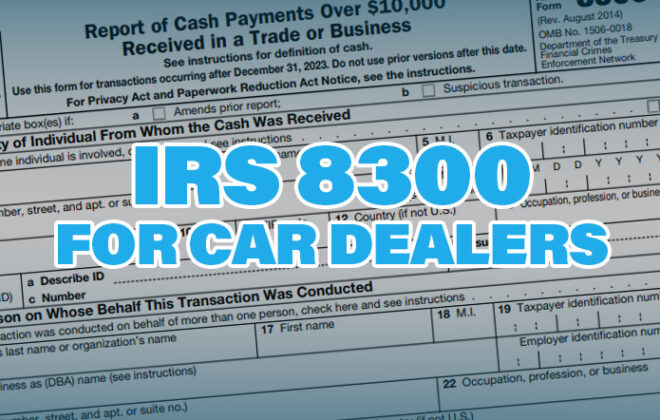What You Need to Know TODAY about FTC CARS Rules (2024)
What Every Car Dealer Needs to Know About the FTC CARS Rule Today!
FIRST, breathe a sigh of relief because these new rules are under judicial review and so no effective date has been set. It was July 30 2024 but it has been removed.
BUT, as a car dealer, staying compliant with the FTC’s regulations is crucial for your dealership’s success, reputation (and wallet!). Here are the immediate steps to ensure you’re on the right track should these CARS Rules take effect:
- Clearly disclosing all costs and terms up front.
- Avoiding misleading claims in promotions.
- Requiring explicit consent for any added charges.
What is the CARS Rules?
The FTC CARS Rule stands for the Combating Auto Retail Scams Rule, introduced by the Federal Trade Commission. It’s designed to enhance transparency and fairness in the auto market by setting clear standards for advertising, disclosing prices, and selling practices at car dealerships. This rule aims to protect consumers from deceptive practices and ensures that they have all the necessary information to make informed decisions when buying or leasing a car.
Breaking Down the FTC CARS Rule for Car Dealerships
Understanding the Federal Trade Commission’s CARS Rule is crucial for car dealerships aiming to ensure transparency and fairness. Here’s a deeper dive into what the rule entails with practical examples:
Clearly Disclosing All Costs and Terms Up Front
- To foster trust, dealers must list the total car price, “Offering Price” (but can exclude government charges – tax and tag fees).
For instance, if you want to sell a vehicle for $8,999 and have a $200 Doc Fee your advertised price on your website and other marketing sites needs to be $9,199. - The FTC CARS Rule also mandates that dealers must clearly disclose the total payment amount for a financed or leased vehicle. This includes the sum of all monthly payments plus any upfront costs the consumer needs to pay, like a down payment or trade-in value. It ensures buyers are fully informed about the total cost before making a decision, preventing unexpected increases in payment amounts after the deal is made.
Avoiding Misleading Claims in Promotions
- Dealerships should steer clear of advertising vehicles at prices that are not universally available to all customers or promoting non-existent rebates.
Example: Avoiding advertising a car model as available at a low price when in fact it’s a trim level with many add-ons.
Requiring Explicit Consent for Any Added Charges
- Before adding any services or insurance products like GAP, express consent from the buyer is necessary. For example, if a dealership wants to include a service contract, the customer must understand the cost and agree to it explicitly before it’s added to the contract.
Helpful Sources
- https://www.ftc.gov/business-guidance/resources/ftc-cars-rule-combating-auto-retail-scams-dealers-guide
- https://www.ftc.gov/news-events/news/press-releases/2023/12/ftc-announces-cars-rule-fight-scams-vehicle-shopping
- https://usedcarnews.com/index.php/component/k2/item/5880-niada-updates-dealers-on-ftc-rule
Tags In
Popular Pages
If you like what you see here check out our products and services made for Used Car Dealers
Dealer Software $99 Dealer Websites Social Media Marketing How to Become a Dealer Marketing TipsContact Us
Have a Question or need Technical Support?
Call (704) 307-2030 Our Help Site Remote Support Link Chat On Facebook
About KGI
Over 20 Years in Business.
Based in Apex, NC.
Family-Owned and Operated.
Serving Dealers in the Carolinas.



